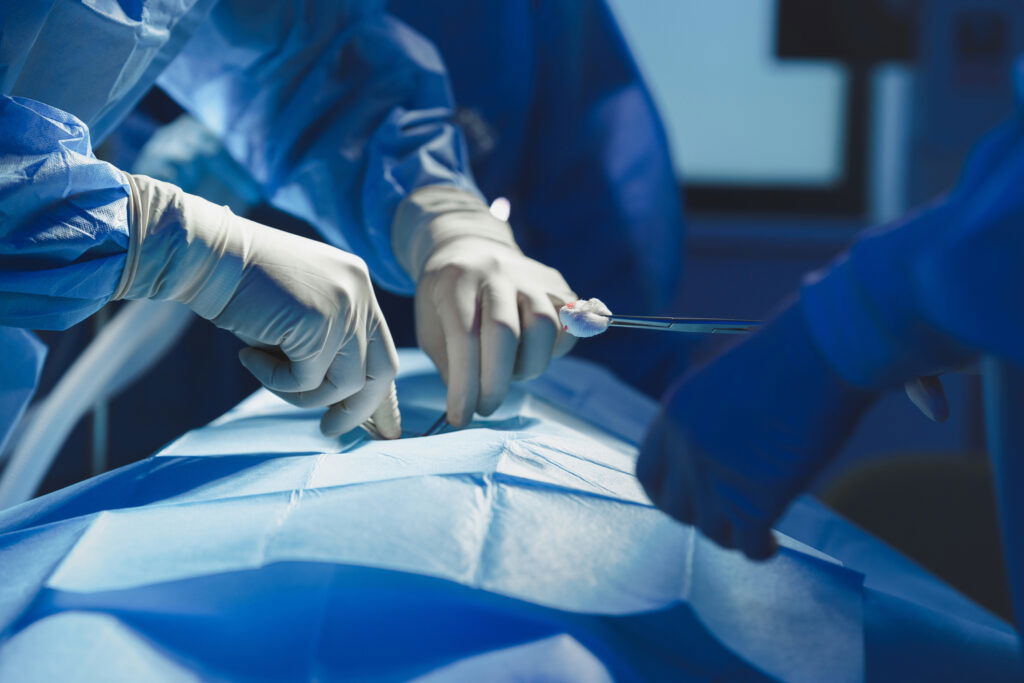
After his donation once helped save his dear friend and colleague, weatherman Al Roker, Craig Melvin can’t help but stress the importance of donating blood.
On Monday, July 28, the 46-year-old anchor rolled up his sleeve with a few volunteers and donated blood live on air during the “Today” show’s morning broadcast to encourage others to do the same.
During the segment, the 70-year-old weatherman, who has never been shy about discussing his health challenges, praised those who have donated blood.
“I’m a living example of being a recipient of those donations during my health issues,” Roker shared.
Melvin revealed that he donated blood specifically for Roker during the weatherman’s more recent health crisis, which included blood clots. Roker’s ongoing health journey has included bypass surgery in 2012, a prostate cancer diagnosis in 2020, and blood clots in 2022 that caused him to miss covering the Macy’s Thanksgiving Day Parade and require major surgery.
“I wanted to make sure it was earmarked for you,” Melvin noted.
Roker, always one to kid, added, “Yeah, in fact, after I got Craig’s blood, I started talking slower and I started drinking more bourbon. So, bonus!”
At one point during the live draw, Roker snuck up behind Melvin mid-donation and jokingly asked, “What do you want your legacy to be?” sending the studio into laughter and reminding viewers of the tight bond the two men share.
But the segment wasn’t just about the laughs. It was about legacy, too, and Melvin’s willingness to share his story and blood served as a reminder of how one small act can have life-saving consequences.
According to the Red Cross, someone in the United States needs blood every two seconds. Just one donation can help many. Today reported that there’s an urgent need for type O blood right now. Patients in the U.S. alone need about 29,000 units of red blood cells daily. However, the only way to get blood is through donations. There are no alternative methods or technologies. Donated blood and platelets can help people with chronic conditions, such cancer and sickle cell disease, accident survivors, new moms and more, the organization says.
For more information on how to donate, head to aabb.org or the Red Cross website for more information on drives in your area.





